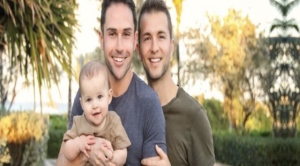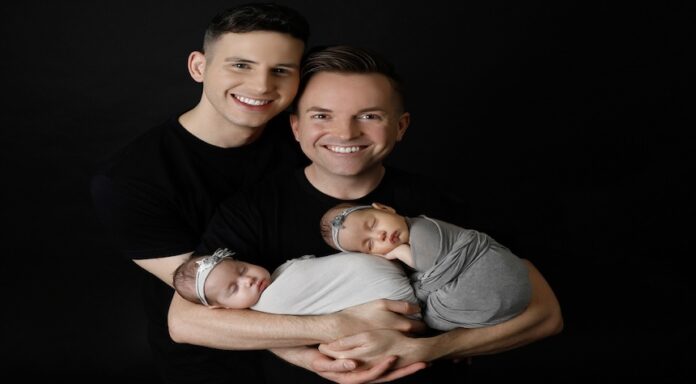California’s legislature is considering a new definition of “infertility”, which includes male homosexual partners.
SB 729 amends the state’s insurance system to redefine infertility. It is now defined as “a person’s inability or unwillingness to reproduce, either individually or with a partner, without medical intervention.” This would include everyone, but particularly LBGTQ people.
Caroline Menjivar, a freshman state senator from the Democratic Party who wrote the bill along with Assemblywoman Buffy Wicks said: “It ensures that queer couples will no longer pay more to start a family than non-queer ones.” This bill is essential to achieve full-lived equal rights for LGBTQ+ individuals, and also advance comprehensive health care coverage for all Californians.

The bill is expected to wreck California’s healthcare system
California Health Benefits Review Program analysis shows that the mandated coverage would increase premiums by over $330 million per year for employer-sponsored insurance plans. California Association of Health Plans stated that coverage mandates were the most costly of 16 options being considered by the California legislature, adding about $1 billion in premiums.
The bill has the effect of putting the state in a position to subsidize surrogate pregnancy. The gay advocacy group Men Having Babies is behind this project, which is dedicated to giving gay men financial and educational support in order to become parents through surrogacy.

California is not the first state to take this step. California mandated in 2014 that insurers pay for infertility treatment: see Gestational Surrogacy – Women For Lease, Kids For Sale.
Although I am strongly opposed to invitro fertilization, I do not think that the state should be involved in surrogacy.
Trafficking in babies is a vile activity. Surrogacy can be exploitative. Surrogates can have a close relationship with the couple who want to adopt a child and are full partners. In general, this is not true. Surrogate mothers, in general, are poor women who rely on their competitive edge to survive. Surrogate mothers are left to carry the burden when things go wrong. In 2014, for example, an Australian gay couple contracted a Thai surrogate mom. She gave birth to twins. She refused. She refused. She refused. When she gave birth to twins, the parents took one child back to Australia while leaving her with a Down Syndrome baby. In most cases, buyers will agree to cover the medical costs of the mother. This doesn’t happen all the time.

Surrogate mothers from Colorado have been hit with medical bills of $217,000 after they delivered twins to an Austrian couple that fled the U.S.
Carrie Mathews claims that she almost died in July when she delivered Rudolf Bako and Teresa Bako’s children after experiencing severe complications.

Mrs. Mathews claims that despite a contract between the two families which included the Bakos paying for medical expenses, health officials want the money while the Bakos is refusing to pay.
There is a flourishing “surrogate tourism” industry in some countries. No one should be surprised that couples who use a Third World Surrogate will only accept ONE baby from multiple births created by IVF, while the rest are sold in a black market for “extra babies” (read Babies for Sale).
The involvement of insurance companies and state governments in a process that is already fraught with difficulties is difficult to understand. The proposed California law change is centered on ensuring that gay men will be able to have children for Sam’s Club rates. It ignores its implications and the market that it creates, including surrogates and additional babies.




